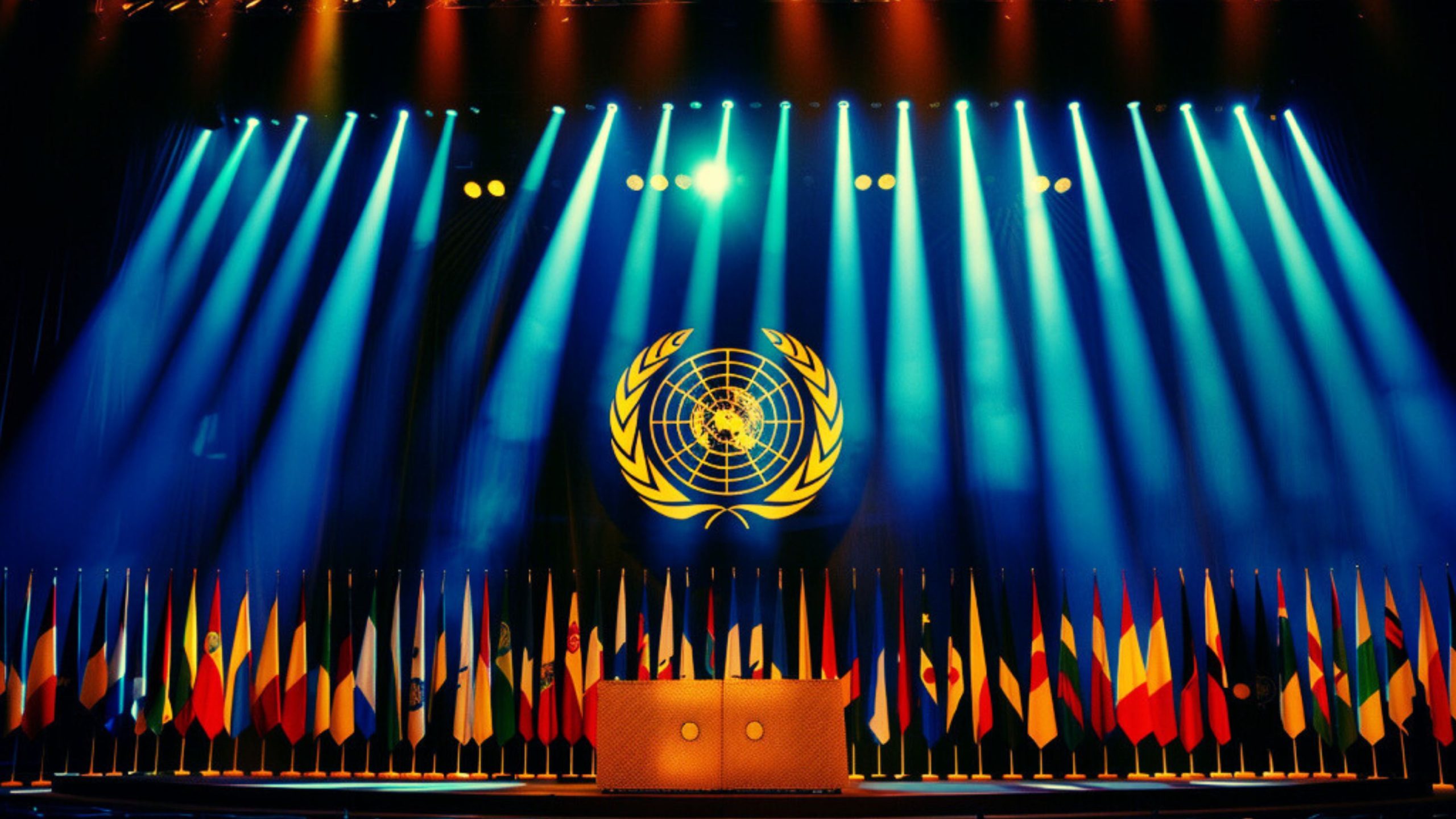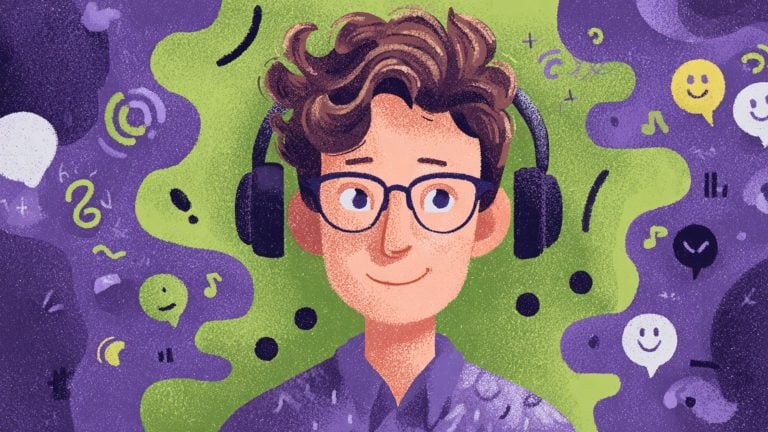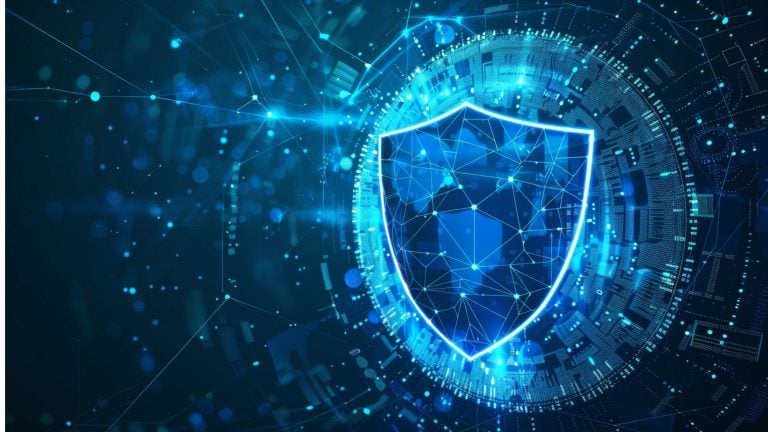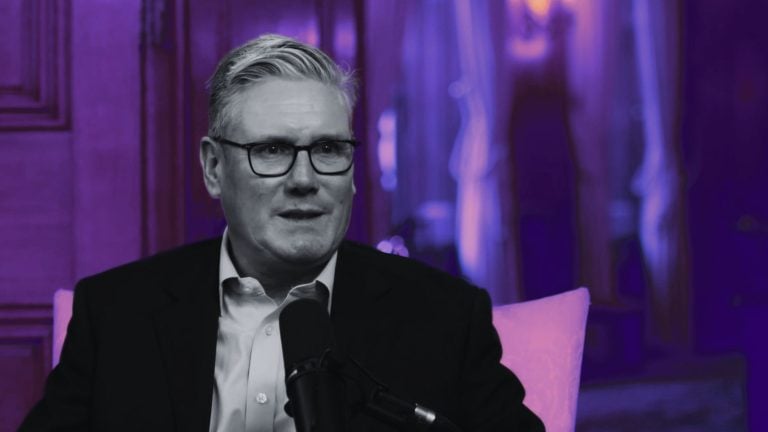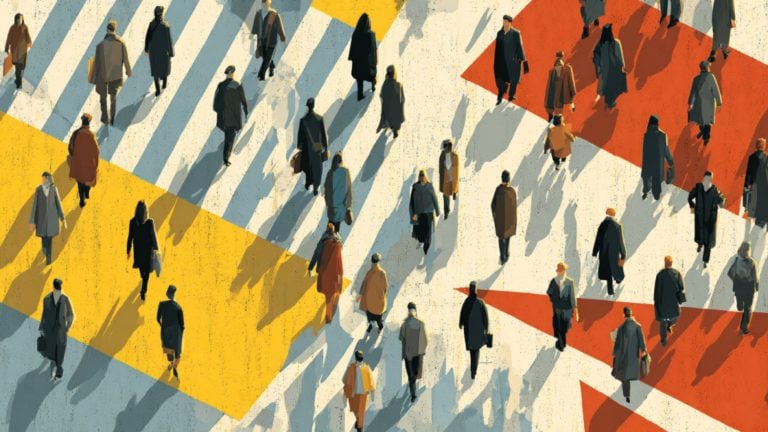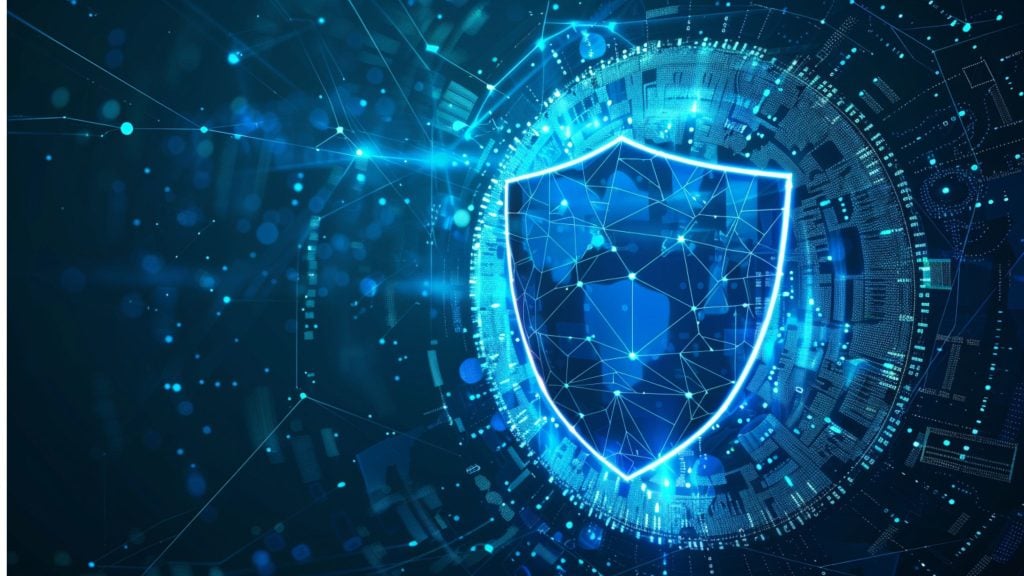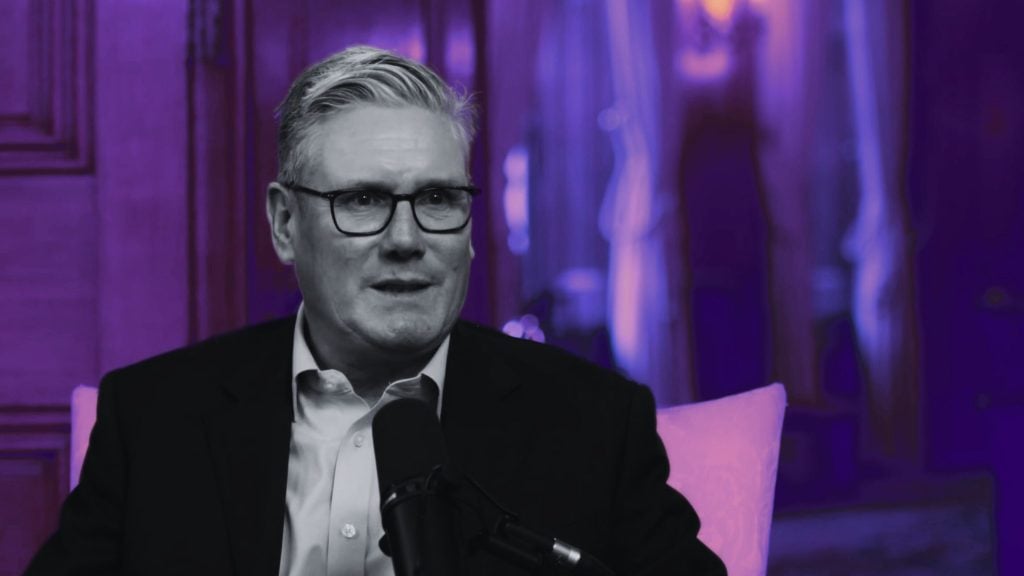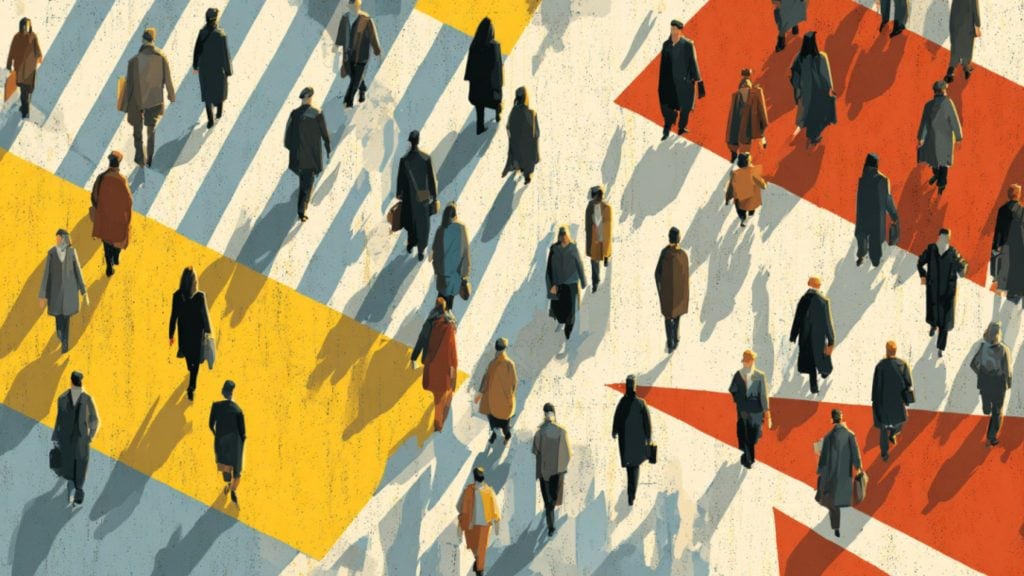The UN Educational, Scientific and Cultural Organization (UNESCO) is now incorporating teaching influencers how to “fact check” into its activities.
UNESCO claims that influencers have become “primary sources of news and cultural information” around the world – which prompted it to carry out a survey into how these online personalities verify the “news” they present.
Citizens in UN member-countries may or may not be happy that this is how their taxpayer money funding the world organization is being spent these days. But UNESCO is not only conducting surveys; it is also developing a training course for said influencers (which are also interchangeably referred to as content creators in press releases).
It’s meant to teach them not only to “report misinformation, disinformation and hate speech” but also to collaborate with legacy media and these outlets’ journalists, in order to “amplify fact-based information.”
The survey, “Behind the screens,” was done together with researchers from the US Bowling Green State University. 500 influencers from 45 countries took part, and the key findings, UNESCO said, are that 63 percent of them “lack rigorous and systematic fact-checking protocols” – but also, that 73% said they “want to be trained.”
This UN agency also frames the results as showing that respondents are “struggling” with disinformation and hate speech and are “calling for more training.”
UNESCO is justifying its effort to teach influencers to “rigorously” check facts by referring to its media and information literacy mandate. The report laments that mainstream media has become “only the third most common source (36.9%) for content creators, after their own experience and their own research and interviews.”
It would seem content creators/influencers are driven by common sense, but UNESCO wants them to forge closer ties with journalists (specifically those from legacy, i.e., traditional media – UNESCO appears very eager to stress that multiple times.)
Related: United Nations Development Program Urges Governments to Push Digital ID
Under the guise of concern, the agency also essentially warns creators/influencers that they should be better aware of regulations and “international standards” that pertain to digital media – in order to avoid “legal uncertainty” that exposes them to “prosecution and conviction in some countries.”
And now, UNESCO and US-based Knight Center for Journalism in the Americas have launched a one-month course which is currently involving 9,000 people from 160 countries. The goal is to train them to “address disinformation and hate speech and provide them with a solid grounding in global human rights standards.”
The initiative looks like an attempt to get “traditional” journalists to influence the influencers, and try to prop up their outlets, that are experiencing an erosion in trust among their audiences.

